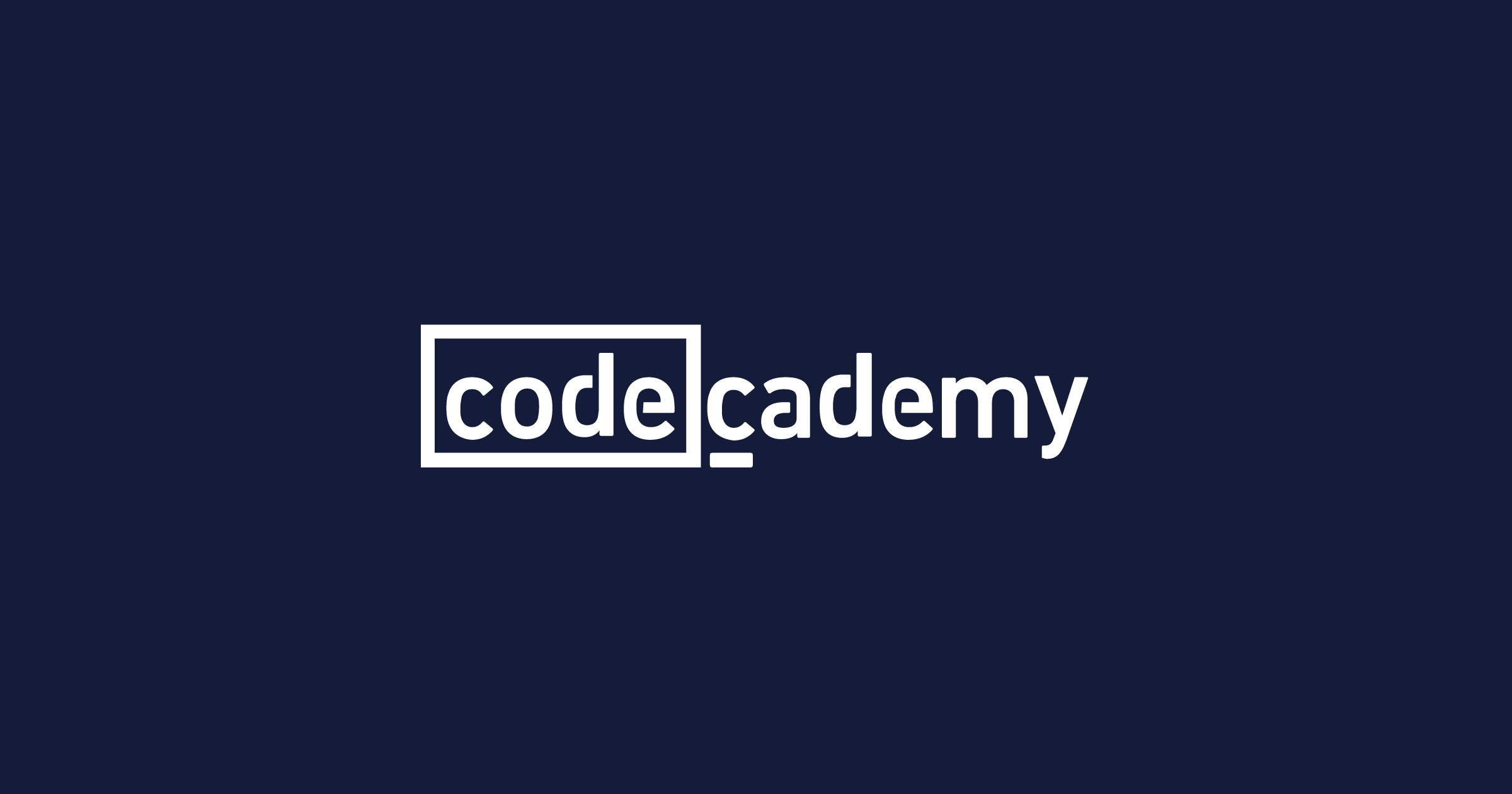In the past two years, the pandemic revolutionized remote work, created a hot job market due to “The Great Resignation,” and laid bare the new realities of burnout.
Most of us associate burnout with staying up late to finish a mountain of work or sitting through back-to-back Zoom meetings — but it’s more nuanced than that. Burnout is an occupational phenomenon caused by workplace stress that hasn’t been properly managed, according to the World Health Organization.
Burnout is more common than you might think: A 2021 survey from Indeed found that more than half of workers experienced burnout. In another survey from the American Psychological Association, nearly 3 in 5 employees reported experiencing the negative impacts of work-related stress, like a lack of interest, motivation, or energy.
But as prevalent as burnout is, it can be tough to pick up on, because people are used to being spread thin, and overworking is often celebrated in today’s “hustle culture.” Understanding what burnout looks like is the first step toward finding relief.
Whether you’re learning to code on top of your 9-to-5, you’re not happy with your current job, or you haven’t quite mastered setting boundaries between work and home life, research suggests that these are the symptoms of burnout that you should know about.
Overwhelming exhaustion
You feel: Worn out, depleted, and fatigued
Burnout can manifest in physical symptoms, like insomnia or trouble sleeping, headaches and stomachaches, and changes in your eating patterns. Most notably, you’d be exhausted and lack the energy you need to be consistently productive, according to the Mayo Clinic. Put another way: Dragging yourself to go to your computer to start working would feel like a slog.
Cynicism and detachment
You feel: Irritable, jaded, and pessimistic
Everyone has cynical thoughts about work from time to time, but with burnout, a negative attitude starts to impact your performance. “You start not functioning as well, you’re missing deadlines, you’re frustrated, you’re maybe irritable with your colleagues,” Jeanette M. Bennett, a researcher who studies the health effects of burnout, told The New York Times. You might feel disillusioned by your company, bored, detached from the work, and disconnected from your coworkers.
A lack of accomplishment
You feel: Ineffective, under-valued, and unproductive
Unfortunately, burnout messes with your self-efficacy, or your personal belief that you can accomplish something. As a result, you might feel riddled with doubt and avoid difficult tasks altogether.
“Employees may question, ‘Am I capable of performing this work?’” Dana Udall, psychologist and chief clinical officer for Headspace, recently told Fast Company. “Burnout can lead to a blow to one’s confidence, as well as reduced creativity and problem-solving.”
What to do if you’re experiencing burnout
Healing from burnout is a process that can’t be solved simply by taking some PTO to rejuvenate and getting right back to work. Here are some strategies that can help:
- Audit your day and figure out how much time you’re really spending on certain tasks, from your job responsibilities to your household chores. Also keep track of your mood and energy levels throughout the day, Dr. Jessi Gold, a psychiatrist at the Washington University in St. Louis, told NPR. Which activities energize you or give you meaning, and which ones make you feel depleted? There are lots of useful mobile apps that make it easy to track your mood in the moment, like Moodnotes, Daylio, and Moodfit.
- You might be so in the habit of overworking that you don’t even realize when it’s happening. Be proactive about stepping away from your computer and taking breaks to do something relaxing. If you’re taking Codecademy courses, remember that they’re self-paced, so you can take as much time as you need to complete the lessons and set a weekly schedule that works for you. If you tend to get in the zone and lose track of time, you can use the Focus Timer feature that’s built into our learning environment. Another tool: Try the Chrome extension Mindful Break, which will remind you to take a break at set intervals throughout the day. Here’s a list of activities and strategies that programmers in the Codecademy community turn to when they need to feel refreshed and recharged.
- Research has shown that having compassion for yourself and others can go a long way in mitigating some of the effects of burnout. That could mean reaching out to a trusted friend or family member for emotional support, focusing on being kind to other people, and yes, even practicing self-care. If you’re looking to connect with other people who are also learning how to code, consider joining our Codecademy Discord, or browsing our Forums.
- It’s important to note that it’s not on you to “fix” your burnout alone. In addition to finding coping mechanisms that work for you, speaking to a mental health clinician like a therapist or counselor can be huge. (You can find a therapist on Psychology Today, GoodTherapy, or through your health insurance provider’s website.) Talk to your manager about your workload, what the expectations are of you, and what compromises can be made to mitigate the effects of burnout. Although those conversations can be uncomfortable, being honest about what you’re experiencing and what you need is a step in the right direction toward healing — and preventing burnout from happening in the future.









